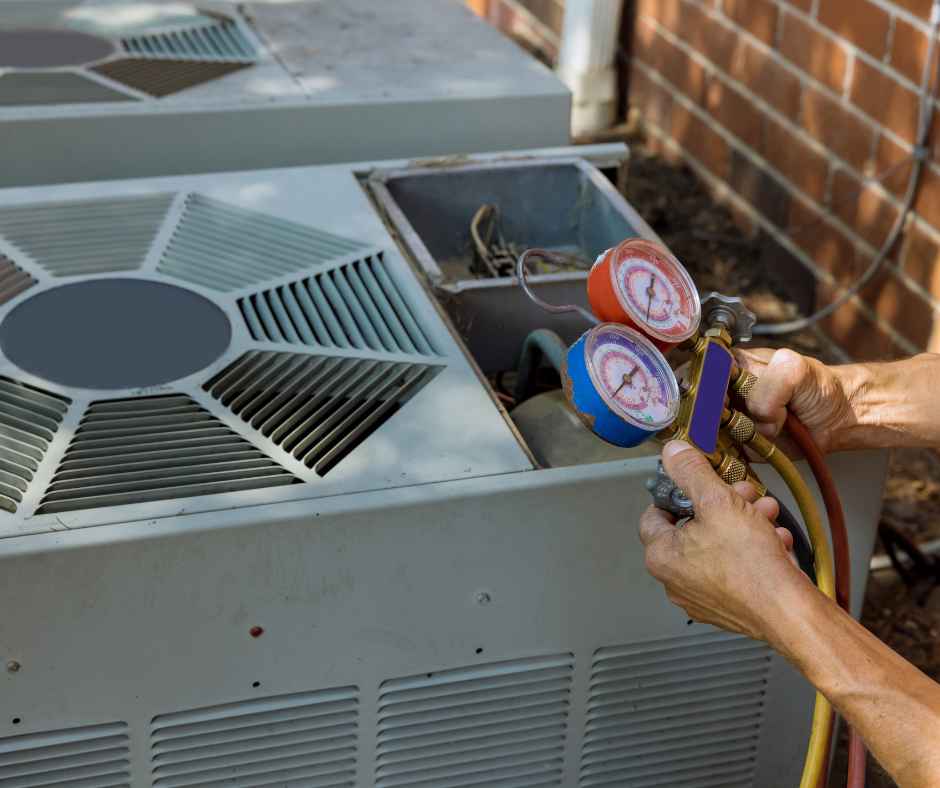Serving Douglas County & The Surrounding Areas
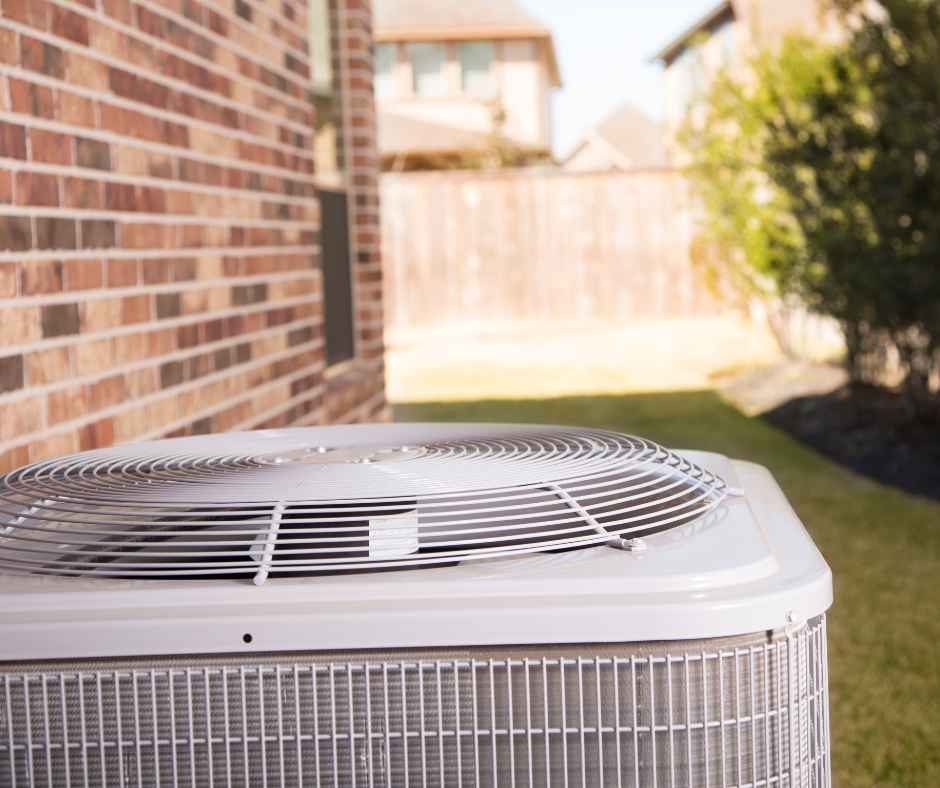
Maximizing AC Efficiency in High Altitude: Denver’s Summer Cooling Guide
Summer in Denver doesn’t just bring sunshine—it brings unique cooling challenges thanks to the city’s high altitude. Many homeowners are surprised to discover their air conditioners work harder and less efficiently in Denver’s thinner air. Without proper adjustments, this can lead to higher energy bills, uneven cooling, and unnecessary strain on your system.
Why does altitude matter? At elevations like Denver’s, thinner air impacts your AC’s ability to transfer heat, forcing your system to run longer and consume more energy. If left unchecked, this can shorten your equipment’s lifespan and leave you sweating through the summer months.
The good news? There are simple, effective ways to help your AC operate more efficiently, even at mile-high elevation. In this guide, we’ll explain how Denver’s altitude affects your cooling system and share expert-backed tips to help you optimize performance, lower your energy bills, and enjoy cool, comfortable air all summer long.
Why Altitude Matters for Your Air Conditioner
Living in Denver means your air conditioner works under conditions very different from homes at lower elevations. At higher altitudes, the air is thinner, meaning there are fewer air molecules to absorb and transfer heat. This reduced air density significantly impacts how efficiently your AC system can remove heat from your home.
One of the most critical ways altitude affects your system is by reducing the capacity of your compressor. Compressors are designed to operate under standard air pressure conditions. In Denver’s mile-high environment, they must work harder to compress refrigerant, consuming more energy and reducing overall system efficiency.
Additionally, the reduced oxygen content in the air can alter combustion processes in systems that use gas-powered components, although this affects heating systems more than cooling. For your AC, the key issue is air’s diminished ability to carry heat, which forces your unit to run longer to achieve desired temperatures.
What does all this mean for your energy bills? Without proper adjustments or upgrades, your air conditioner could be using more electricity than necessary to cool your home—leading to higher costs and reduced system lifespan.
By understanding these altitude-specific challenges, Denver homeowners can take steps to help their air conditioners perform more efficiently and avoid excessive energy waste.
Key Signs Your AC Is Struggling at High Altitude
Living in Denver’s high-altitude environment can reveal unique clues that your air conditioner isn’t running as efficiently as it should. Recognizing these signs early can help prevent costly repairs and energy waste.
Common Symptoms
If your AC system is struggling with Denver’s thin air, you might notice:
- Rising Energy Bills: Your AC runs longer and uses more power to cool your home.
- Long Cooling Cycles: The system takes longer to bring your home to a comfortable temperature.
- Uneven Cooling: Some rooms remain warm while others feel cool, signaling poor airflow.
- Constant Operation: Your AC seems to run non-stop, especially during the hottest parts of the day.
These symptoms indicate your air conditioner may be overworking due to the altitude’s effect on heat transfer.
Causes Specific to Denver Homes
High-altitude conditions can create system inefficiencies even in newer homes. Typical causes include:
- Improper System Sizing: Many AC units aren’t calibrated or sized correctly for Denver’s elevation, leading to performance issues.
- Older Systems: Aging units that weren’t designed with high-altitude performance in mind can struggle significantly.
- Restricted Airflow: Thinner air naturally carries less heat, limiting your AC’s cooling ability and increasing runtime.
Understanding these signs and causes is the first step toward improving your AC’s performance in Denver’s unique climate.
Solutions to Improve AC Efficiency in Denver
If your air conditioner is struggling in Denver’s high-altitude climate, don’t worry—there are reliable solutions to help your system perform more efficiently. By combining professional adjustments with homeowner-friendly tips, you can enjoy better cooling and lower utility bills all summer long.
Professional AC System Optimization
Some improvements require the expertise of an HVAC professional. At Patriot Pros, we recommend the following services:
- Recalibrate Refrigerant Charge: At high altitudes, your AC’s refrigerant charge may need adjustment to compensate for thinner air, ensuring optimal cooling performance.
- Adjust Airflow Settings: Fine-tuning your system’s blower fan speed can help improve airflow and enhance efficiency in low-density air.
- Upgrade to High-Efficiency Models: If your system is outdated, replacing it with a high-SEER model designed for variable conditions can significantly improve performance and reduce energy consumption.
Scheduling a professional AC tune-up allows technicians to make these altitude-specific adjustments, maximizing your system’s effectiveness.
DIY Cooling Tips for Homeowners
You can also take simple steps to support your air conditioner’s efficiency:
- Use Ceiling Fans: Fans help circulate cool air, reducing strain on your AC system.
- Seal Windows and Doors: Prevent cool air from escaping and hot air from entering by addressing drafts.
- Close Curtains During Peak Sunlight: Blocking direct sunlight helps keep your home cooler naturally.
- Change Air Filters Regularly: Replace filters every 1–3 months to improve airflow and reduce system workload.
- Program Your Thermostat: Maintain a consistent, moderate temperature and avoid unnecessary system cycling.
Together, professional servicing and these DIY strategies can dramatically improve your home’s comfort and your system’s performance, even at Denver’s mile-high elevation.
Preventative Maintenance Tips for Ongoing Efficiency
Maintaining your AC system is critical in Denver’s high-altitude environment, where thinner air naturally challenges system performance. Consistent upkeep not only preserves your equipment but also ensures it runs as efficiently as possible during the hottest months.
- Schedule Seasonal Professional Maintenance: Book an annual AC tune-up with Patriot Pros. A professional checkup catches small problems before they become major repairs and keeps your system calibrated for Denver’s altitude.
- Keep Condenser Coils Clean: Outdoor coils should be clear of dirt, dust, and debris to promote proper heat exchange. Clean coils help your AC work efficiently.
- Inspect Ductwork for Leaks: Even small gaps or tears in ducts lead to cooled air escaping before it reaches your living spaces. Sealing ducts improves airflow and reduces energy loss.
- Upgrade Your Home’s Insulation: Good insulation reduces heat gain, helping your air conditioner cool your home more efficiently.
- Replace Filters Consistently: A clogged air filter is one of the most common causes of reduced AC performance. Replace filters regularly to keep air moving freely.
Preventative maintenance is the best way to protect your AC investment while keeping your Denver home cool and comfortable all summer.
Wrap-Up: Stay Cool All Summer Long with Professional Help
Denver’s high-altitude environment presents unique cooling challenges, but that doesn’t mean you’re stuck with high energy bills and an overworked AC system. By understanding how elevation affects your air conditioner—and taking steps to address it—you can enjoy cool, comfortable air while keeping your energy costs under control.
From professional system adjustments to simple at-home strategies, there are plenty of ways to boost your AC’s efficiency in Denver’s thinner air. Regular maintenance, airflow improvements, and energy-smart habits all work together to reduce strain on your equipment and maximize performance.
Ready to optimize your AC for Denver’s mile-high summers? Contact Patriot Pros today for a high-altitude AC efficiency check and professional maintenance, so your home stays cool all season long.
Recent News
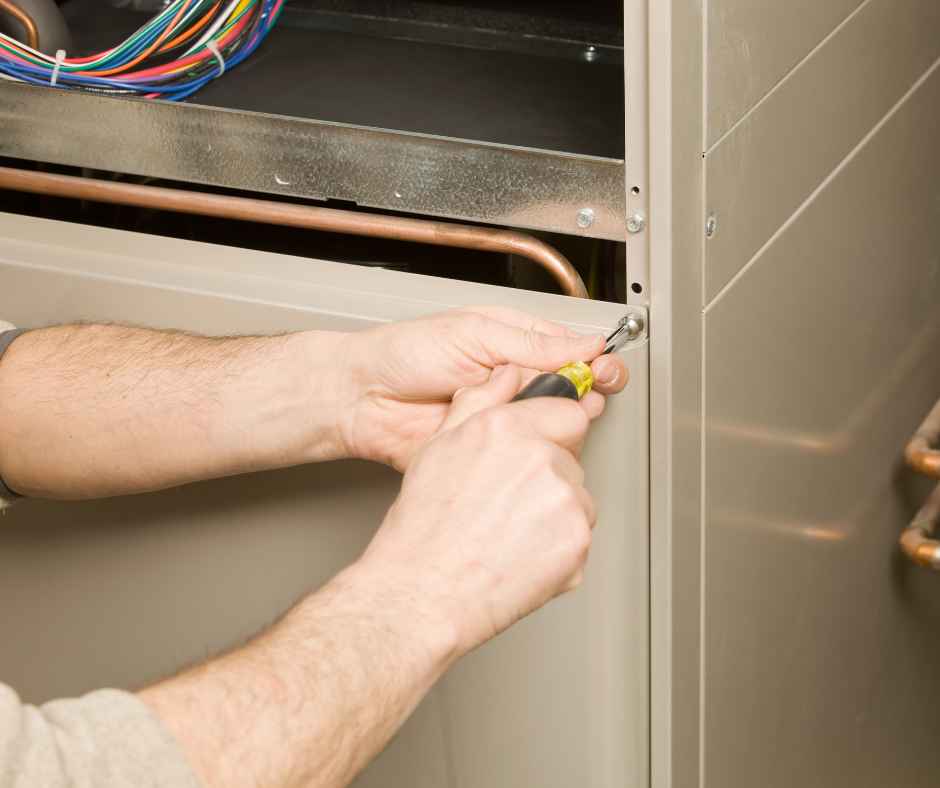
Navigating Colorado’s 2026 High-Efficiency Rules: What Front Range Homeowners Need to Know

Snow, Freeze & Thaw: How Colorado Winters Stress Your Plumbing
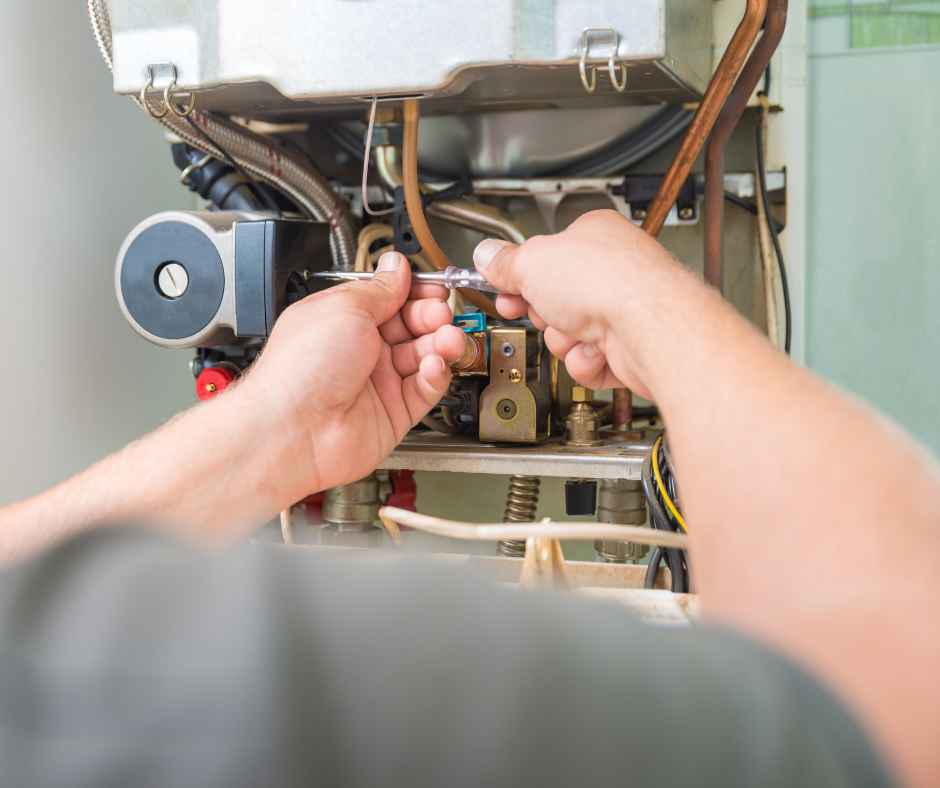
Emergency Heating Repairs: What to Do If Your Furnace Fails During a Colorado Snowstorm
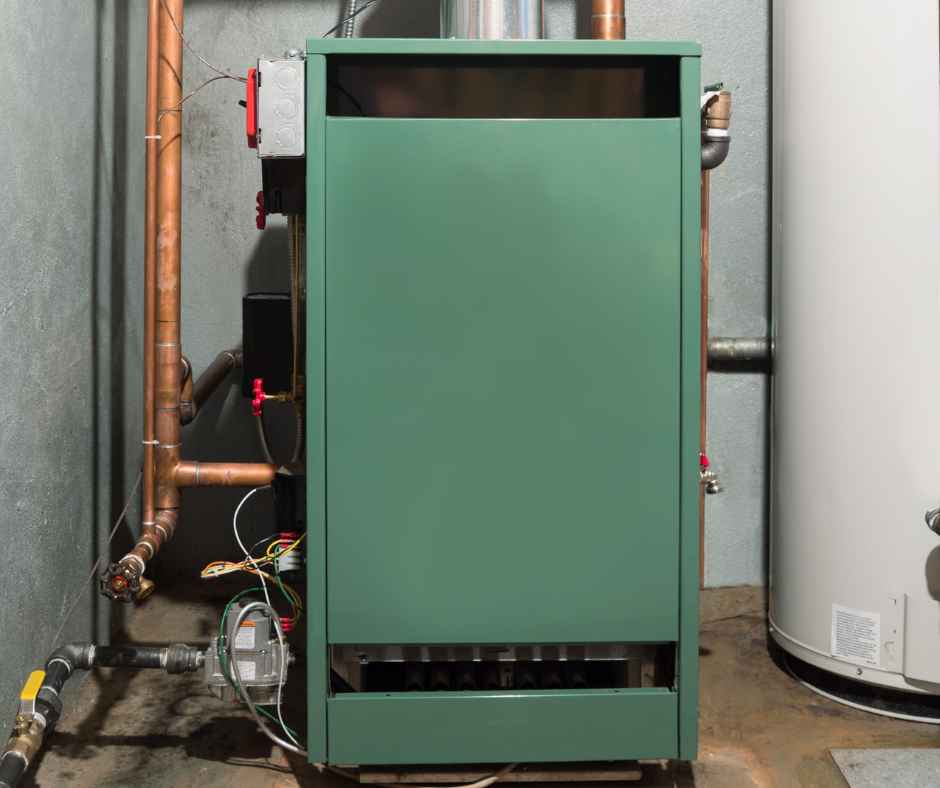
Comparing Heating Options for Colorado Homes: Furnace vs. Boiler vs. Heat Pump
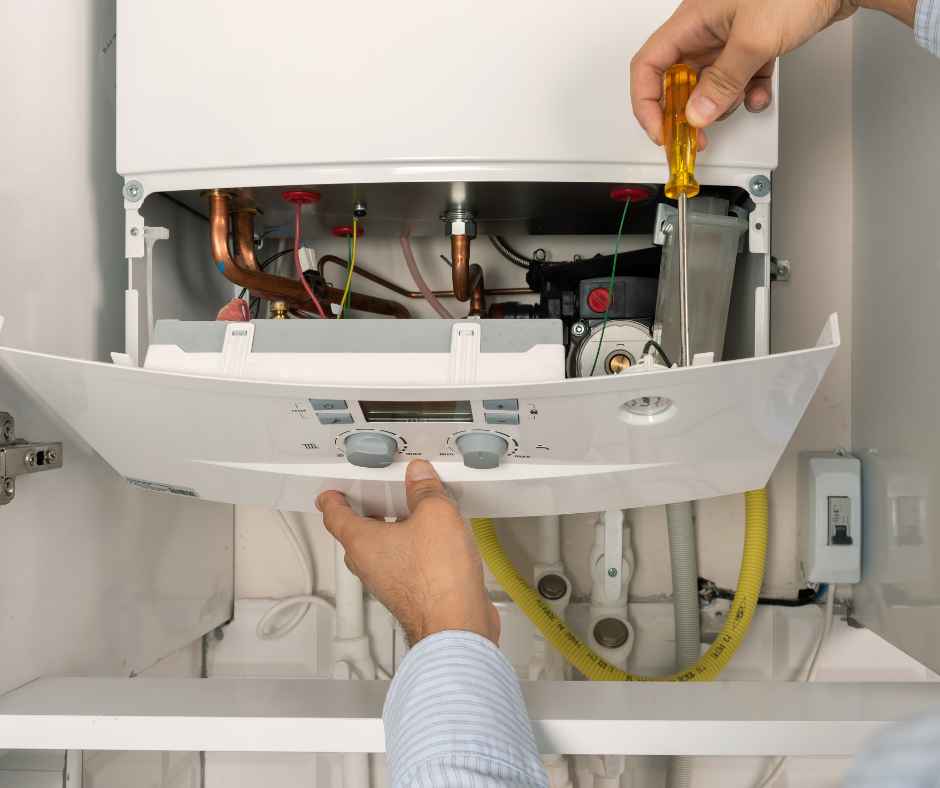
The Ultimate Fall & Winter Boiler & HVAC Maintenance Checklist for Castle Rock Homes

How to Choose the Right Water Filtration System for Colorado’s Hard Water
